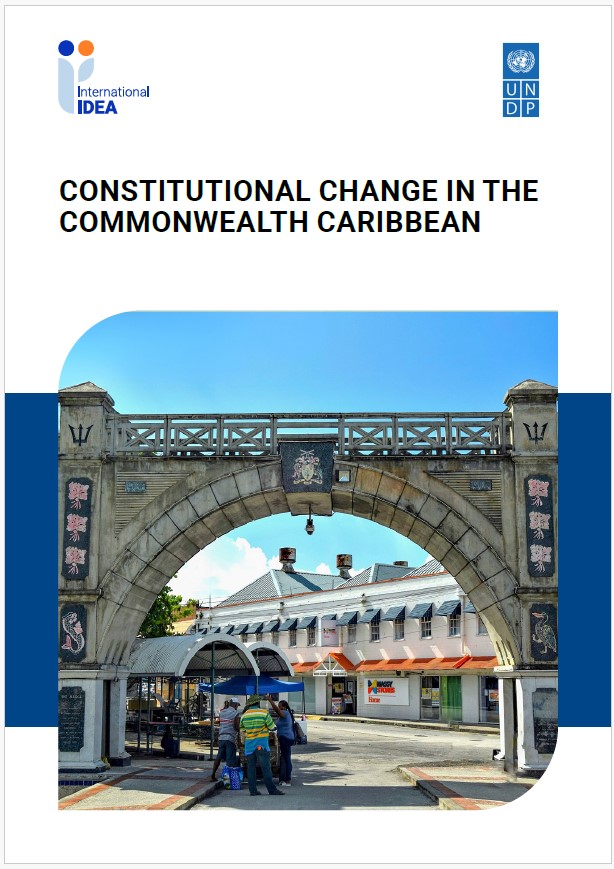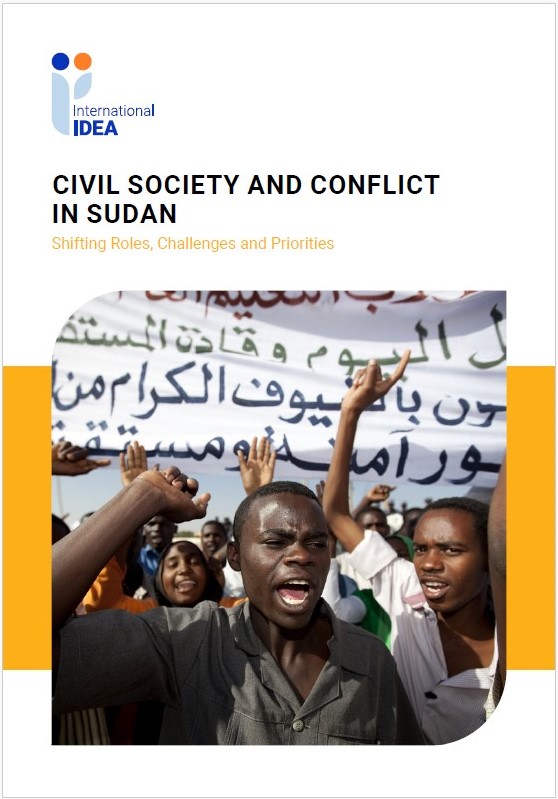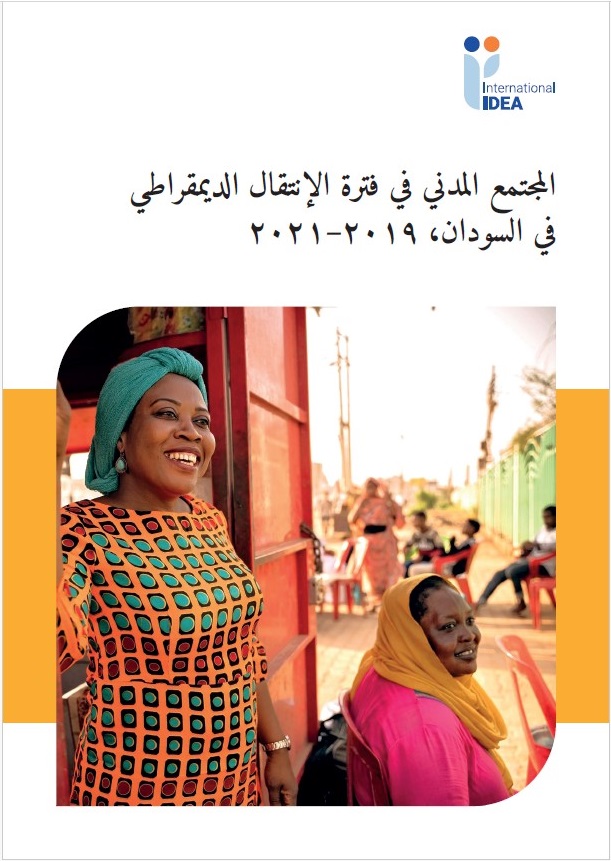Hoy tienen representación parlamentaria el Frente Amplio, los blancos, los colorados y, sólo en la cámara baja, el Partido Independiente, heredero de parte del Partido Nuevo Espacio, cuyo sector mayoritario se sumó al FA.
Search
Region
Country
Type
Three parties, the Frente Amplio (FA), the Blancos, and the Colorados, are currently represented in the Uruguayan parliament. The Partido Independiente, which inherited part of the Nuevo Espacio Party and did not follow its majority to the FA, is only represented in the Lower Chamber.
Washington DC – The Fourth High Level Meeting of the Inter-Regional Dialogue on Democracy will be held at the headquarters of the Organization of American States(OAS) in Washington, DC October 16-17.
In the aftermath of what is commonly referred to as The Arab Spring – where brutal autocracies were over-thrown, today many of these same countries in the North Africa region are struggling with security issues and are seeing large-scale violence erupting throughout their territory. Whilst Tunisia is arguably one of the most stable countries in the region, security threats still loom large over Tunisia’s upcoming elections.
As predicted, the Movement for Socialism (MAS) has consolidated its hegemony in the 12 October general elections under the leadership of Evo Morales.
The elections on 12 October are dominating the political, institutional and social panorama of Bolivia. However, the general feeling is that there will not be any major surprises in the results. There is no doubt regarding the (re)election of Evo Morales and Álvaro García Linera. Surveys even suggest that the Movement for Socialism (MAS) will once again obtain a two-thirds majority in the Upper and Lower Chambers.
Las elecciones del 12 de octubre copan todo el escenario político institucional y social del país. Sin embargo, hay una sensación generalizada de que no habrá mayores sorpresas en los resultados.
Electoral reform is an integral part of democratic development: it improves the integrity and accuracy of the electoral process and promotes the electoral rights of citizens through entrenching impartiality, inclusiveness and transparency. Evidence suggests continuous assessment and reform of the legal framework governing electoral processes is necessary in both old and new democracies.
Minister Dias Toffoli, president of the Superior Electoral Court of Brazil, and Daniel Zovatto, International IDEA's regional director for Latin America and the Caribbean, signed a Memorandum of Understanding on Friday, 3 October , establishing a general framework for cooperation between both institutions with respect to electoral affairs.
Octubre es un mes clave para la región. El rally electoral latinoamericano de 2014 llegará a su fin este mes de octubre, al celebrarse las elecciones presidenciales en Brasil (domingo 5), Bolivia (domingo 12) y Uruguay (domingo 26), tras los comicios que tuvieron lugar en Costa Rica, El Salvador, Panamá y Colombia en la primera mitad del año.
October is a key month for the region. The 2014 Latin American electoral rally will end this October, when elections will be held in Brazil (Sunday the 5th), Bolivia (12 October) and Uruguay (26 October), following elections in Costa Rica, El Salvador, Panama and Colombia which were held earlier this year.
La VI Conferencia Iberoamericana sobre Justicia Electoral: el papel de la Justicia Electoral como garante de la Integridad Democrática, se llevó a cabo en Cancún, México durante los días 27, 28 y 29 de agosto del presente año con la coorganización de IDEA Internacional, el Tribunal Electoral del Poder Jud
This Guide provides an inventory of United Nations jurisprudence relevant to electoral processes. It organizes and cross-references international law applicable to elections in order to make it accessible to national and international stakeholders.
Regional organizations play an increasingly important role in strengthening and upholding the rule of law. Depending on their mandates and regional contexts, this role takes various forms.
Constitution-building has become an increasingly common activity as countries seek to improve their state apparatus or make political transitions to realize national goals and address current challenges.
Sustainable development is like a four-legged chair: one needs all four legs of development–economic, social, environmental and governance–in order for it to function. Removing any one leg of the chair renders it inoperable. These words from International IDEA’s Secretary-General Yves Leterme succinctly sum up the position of International IDEA as the post-2015 agenda becomes ever more pressing.
International IDEA Secretary-General Yves Leterme is in New York 21-26 September for the opening of the 69thSession of the United Nations General Assembly. On 22 September International IDEA co-hosted the High Level Side-Event, “Good Governance, Democracy and the Rule of Law in the Post-2015 Sustainable Development Agenda,” with the Governments of Botswana and Norway.
Last year, Latin America celebrated the 35th anniversary of the third wave of democratization in the region. Simultaneously in a climate of significant stability, an unprecedented electoral marathon began, with 34 presidential elections scheduled over a period of eight years (2009-2016). So far, 26 elections have taken place. Never before has the region experienced such an intense and important electoral agenda in such a short period of time.
El año pasado, América Latina celebró el 35 aniversario del inicio de la Tercera Ola democratizadora en la región. Asimismo, y en un clima de bastante normalidad, se inició la segunda fase (2013-2016) de una inédita maratón electoral, que determina que en un periodo de tan sólo ocho años (2009-2016) se llevarán a cabo 34 comicios presidenciales, de los cuales a la fecha ya se han celebrado 26.


